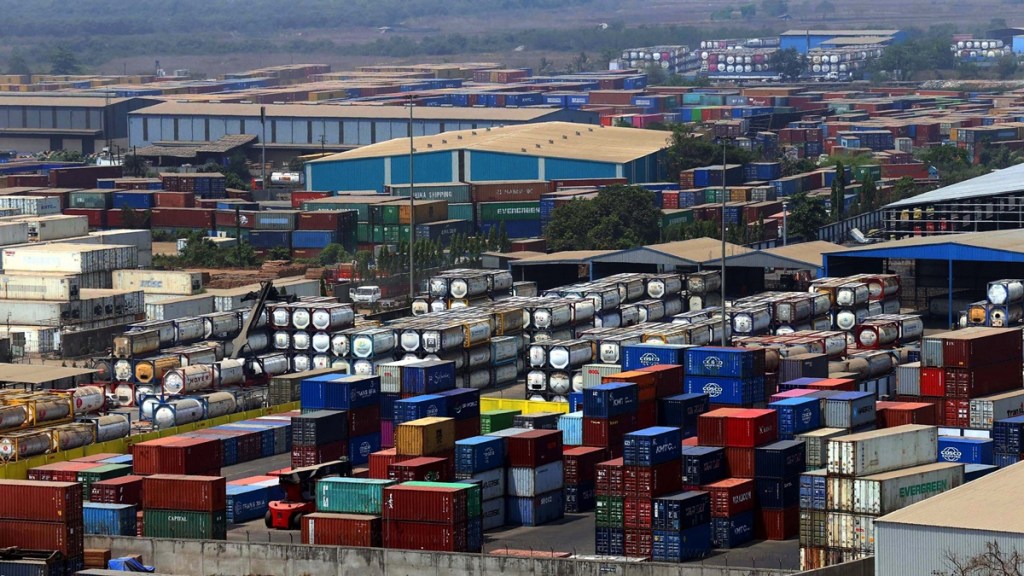India has imposed a sweeping ban on all imports and transits of goods originating from or exported by Pakistan, following the April 22 Pahalgam terror attack that killed 26 civilians. The move, announced by the Central government, halts bilateral trade and includes a complete prohibition on direct or indirect imports—regardless of their import status.
Ajay Srivastava, Founder of the Global Trade Research Initiative (GTRI), stated in a note that India’s already minimal imports from Pakistan—around USD 0.5 million annually—will now fall to zero. “No one in India will miss anything except perhaps Himalayan pink salt (Sendha Namak),” Srivastava noted, underlining the symbolic nature of the move.
India had previously imposed a 200% tariff on Pakistani goods in the wake of the 2019 Pulwama attack, significantly reducing imports to a mere USD 0.42 million between April 2024 and January 2025. Imports since then were largely limited to niche products such as figs, herbs like basil and rosemary, and the famed pink salt from Pakistan.
Srivastava emphasised that “India doesn’t depend on Pakistani goods, so the economic impact is minimal.” However, the political message is clear. The new ban further isolates Pakistan economically and diplomatically.
Pakistan’s reliance on Indian goods
While direct trade between the two nations has long been minimal, indirect trade has continued to thrive. According to GTRI, Indian goods worth over USD 10 billion reach Pakistan annually via third-country routes—primarily through ports in Dubai, Singapore, and Colombo. These routes allow Indian products to bypass direct trade bans and still enter Pakistani markets.
India’s major exports to Pakistan include cotton, organic chemicals, spices, food products, pharmaceuticals, plastic articles, and dairy products. In contrast, India previously imported copper articles, raw cotton, fruits, salt, minerals, and some specialty chemicals from Pakistan.
The trade ban follows a series of punitive diplomatic measures announced by India in response to the Pahalgam terror attack. These include the closure of the Integrated Check Post (ICP) at Attari, suspension of the SAARC Visa Exemption Scheme (SVES) for Pakistani nationals, and the recall of diplomatic personnel from both High Commissions.
In a further escalation, India has also paused the Indus Waters Treaty, a landmark agreement signed in 1960, signalling a comprehensive shift in its Pakistan policy. While the economic damage to India may be negligible, the ban could significantly strain Pakistan’s already struggling economy.
(With inputs from PTI)

